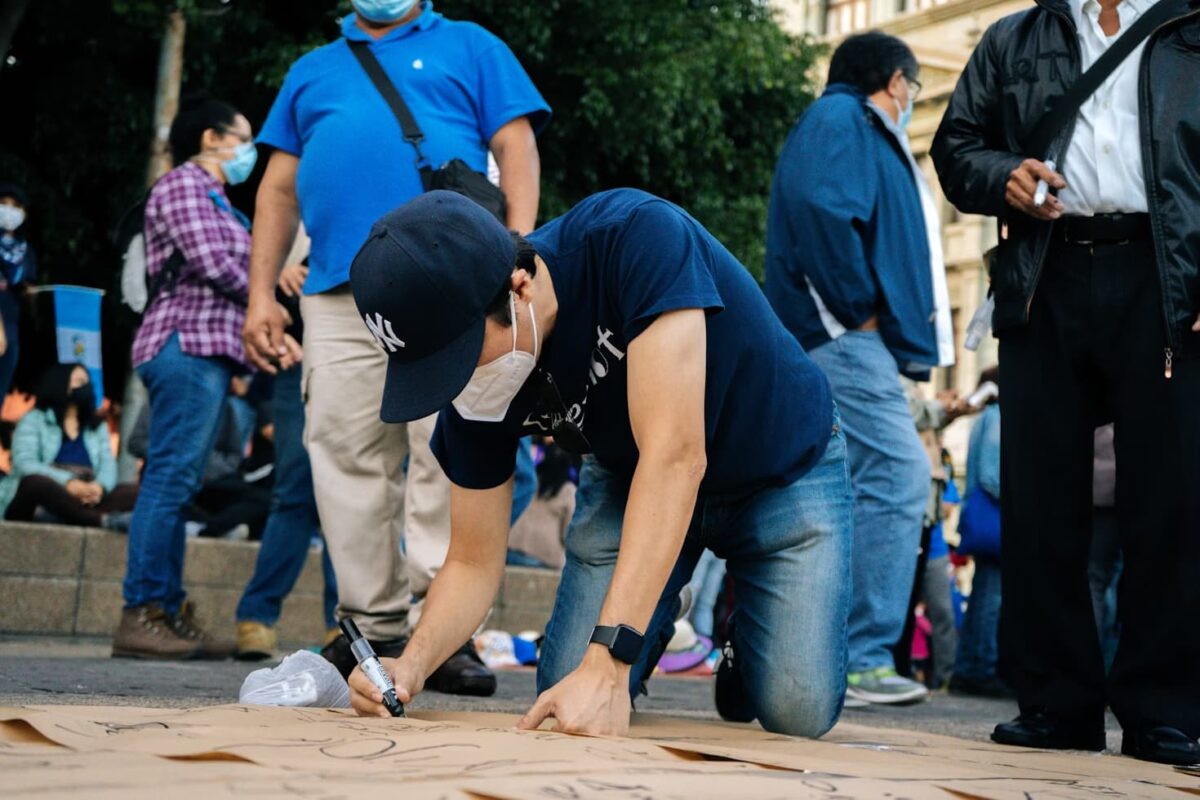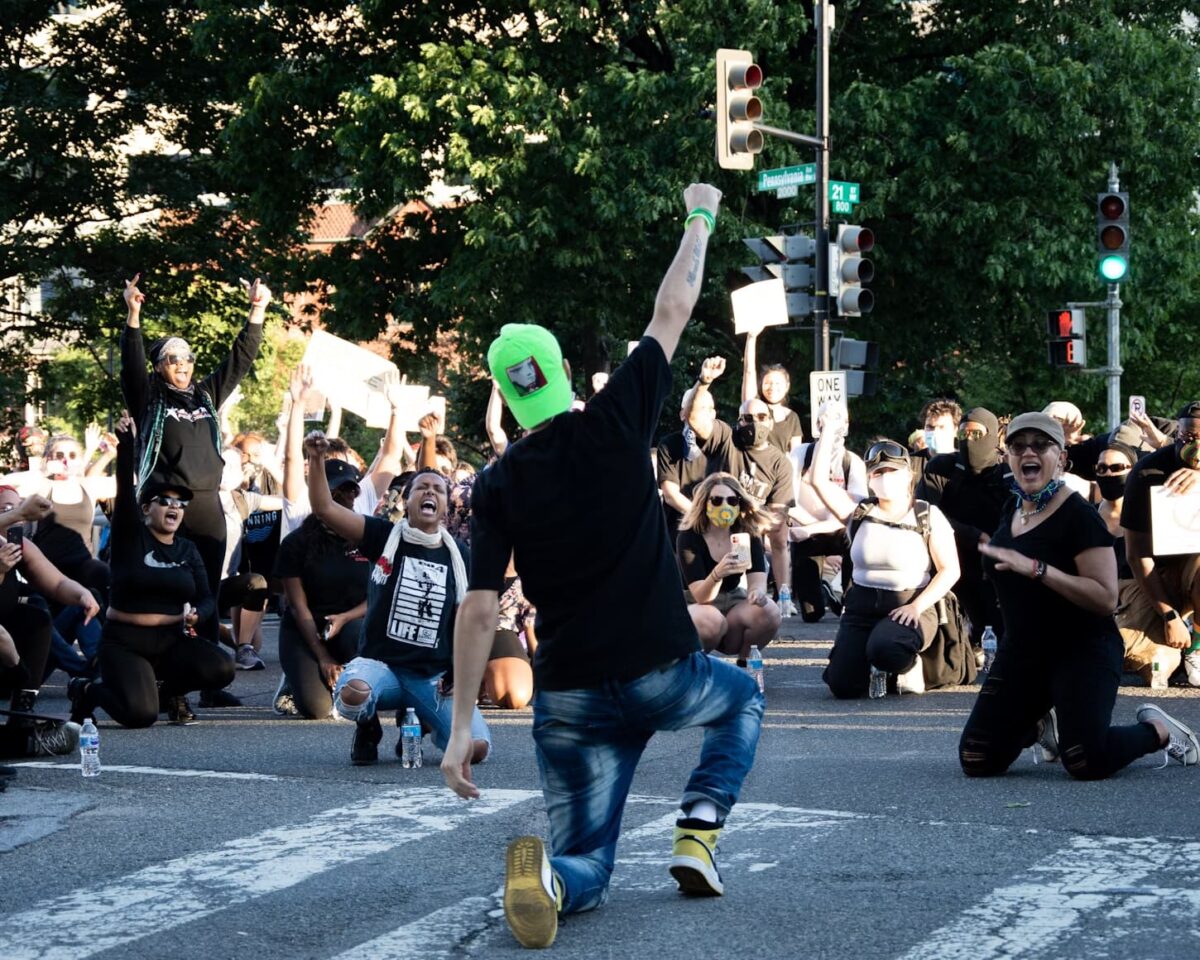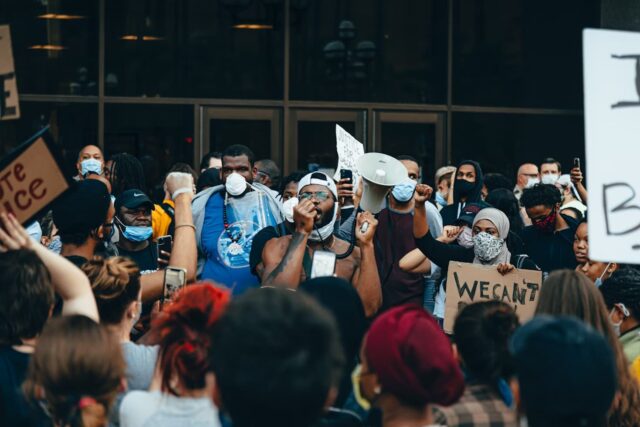Protests and rallies have long been central to societal change, with individuals uniting around shared causes to make their voices heard. From civil rights marches to anti-war demonstrations and environmental rallies, people from all walks of life come together, often in large numbers, to express their dissatisfaction with current systems and advocate for reform. But what drives these individuals to participate? The psychology of protest reveals a complex mix of emotional, social, and cognitive factors that motivate people to take action, even when the personal costs may be high. Understanding these psychological drivers helps explain not only why people protest but also how protests can be powerful tools for change.
Collective Identity and Belonging
One of the most fundamental motivators for protest participation is a sense of collective identity. People are more likely to engage in protests when they feel connected to a group that shares their values, beliefs, and goals. This collective identity provides a sense of belonging, which is a core human need. Protesting alongside others who share the same cause reinforces a feeling of unity and mutual support, strengthening the resolve to act.
This sense of belonging often transcends individual concerns, fostering a feeling that personal struggles are part of a larger societal issue. Whether it’s economic inequality, racial injustice, or climate change, protesters often frame their involvement as part of a broader fight. This alignment with a collective cause provides emotional and psychological reinforcement, making participation in rallies feel like a meaningful and necessary action.
Moral Conviction and Injustice
Moral conviction is another key psychological driver behind protests. When individuals believe deeply that an issue is morally wrong, they are more likely to act, even at great personal cost. This moral outrage often stems from a perceived injustice, whether it’s discrimination, environmental degradation, or governmental corruption. Research shows that when people feel that their core values are under threat, they experience strong emotional responses like anger, which can motivate them to protest.
Protesting can serve as an outlet for this moral anger, offering a way for individuals to voice their frustration and demand change. This is particularly true when people feel powerless in other areas of life. A protest provides an opportunity to take direct action, allowing individuals to feel as though they are contributing to the resolution of a problem. The perception that one is fighting for a morally righteous cause can enhance the personal significance of the protest, fueling a strong sense of purpose and determination.
Social Influence and Peer Pressure
Social influence plays a substantial role in motivating protest participation. Many people attend rallies because they see others—friends, family members, or community leaders—doing the same. This effect is heightened by social networks, both offline and online, where individuals are often exposed to others who share their beliefs. In many cases, the decision to attend a protest is shaped by the actions of one’s peers. When people see those close to them participating, they are more likely to join in themselves.
Social media has further amplified this effect by making protests more visible and accessible. Platforms like Twitter, Facebook, and Instagram allow individuals to see who is attending protests, how large they are, and what the outcomes may be. Social media also facilitates a form of virtual peer pressure, where individuals feel compelled to participate because their friends and followers are advocating for the same causes.
Additionally, the visibility of protests on social media can create a sense of urgency or “fear of missing out” (FOMO). When people see large crowds at a protest, it creates a perception that something significant is happening, which can motivate others to join. This snowball effect, where the visibility of participation encourages even more participation, is one reason why some protests rapidly grow in size.

Personal Experience and Empathy
Many individuals are motivated to protest because they have a personal connection to the issue at hand. For example, someone who has experienced racial discrimination may be more likely to participate in an anti-racism rally. Personal experiences with injustice or suffering can create a deep sense of empathy, not only for oneself but for others in similar situations. This empathy can be a powerful motivator, as it drives individuals to advocate for change, not just for themselves but for the broader community.
Empathy also plays a role in protest participation when people are moved by the stories or experiences of others. Even if an individual has not personally experienced the issue, hearing about the struggles of others can evoke strong emotional responses that motivate action. This is particularly true when the protest cause is framed as addressing widespread harm, such as environmental destruction or human rights violations. Protesters may feel a sense of duty to stand in solidarity with those who are suffering, driven by a desire to alleviate collective pain and advocate for justice.
Efficacy and Empowerment
Another critical factor in protest participation is the belief that one’s actions can make a difference. This sense of efficacy—believing that attending a rally will have a meaningful impact—is essential for motivating individuals to take action. When people believe that their participation can contribute to change, they are more likely to protest. Conversely, if individuals feel that protests are futile, they are less likely to get involved.
Protests can also be empowering, particularly for marginalized groups who often feel excluded from traditional political processes. For these individuals, attending a rally provides an opportunity to have their voices heard, to challenge authority, and to demand recognition. The act of standing up to power can be inherently empowering, even if the immediate outcomes are uncertain. Protesting can restore a sense of control in a situation where individuals or groups feel otherwise powerless, providing a sense of agency and hope.
Emotional Catharsis and Collective Energy
Protests often serve as a form of emotional catharsis, allowing individuals to release pent-up feelings of frustration, anger, or despair. The collective energy of a rally can be emotionally exhilarating, as participants feed off the energy of the crowd. This shared experience can create a powerful emotional bond among protesters, reinforcing their commitment to the cause and their belief in the possibility of change.
The sense of unity and collective energy is particularly strong in large-scale protests. When people see thousands of others advocating for the same cause, it creates a feeling of solidarity and shared purpose. This collective energy can also reduce feelings of isolation or helplessness, replacing them with a sense of hope and optimism. Protests can transform individual emotions of anger or frustration into a shared vision for the future, providing emotional validation and support.

Identity Expression and Public Visibility
For many individuals, protests provide an opportunity to express their identity and values in a public way. Participation in a protest is not just about advocating for a cause; it is also about signaling one’s beliefs, morals, and political identity to others. This public expression of identity is particularly important in movements centered around social justice or civil rights, where individuals may feel that their very identities are under threat.
By attending a protest, individuals signal to themselves and others that they are part of a movement, aligning their personal identity with the broader goals of the protest. This form of identity expression can strengthen an individual’s connection to the cause, increasing their likelihood of continued involvement in future actions.
Additionally, the visibility of protests allows participants to draw attention to issues that might otherwise be overlooked. Public demonstrations often attract media attention, which can amplify the voices of those who feel marginalized or ignored. Protesters may be motivated by the belief that their participation will bring attention to a cause and pressure policymakers or authorities to act.
Conclusion
The psychology of protest is shaped by a wide range of emotional, social, and cognitive factors. From the sense of belonging that comes with collective identity to the moral outrage that drives individuals to act, the decision to participate in a protest is often deeply personal and socially reinforced. Understanding these psychological motivations is key to appreciating why protests are such powerful drivers of societal change.




MOST COMMENTED
Largest protests
How Leaderless Protests Work: Horizontal Movements and Collective Decision-Making
Forms of protests
The Right to Protest: How Rallies and Pickets Influence a Democratic Society
Forms of protests
Digitalization of Protest: How Social Media and Technology Are Changing Street Demonstrations
Largest protests
Digital Technology Revolution – Reshaping Modern Activism
Forms of protests
Advanced Acoustic Protection for Confidential Discussions
Forms of protests
Psychology of Protest: What Motivates People at Rallies?
Largest protests
Rallies Against Air Travel: A Rising Movement in the Climate Crisis Era